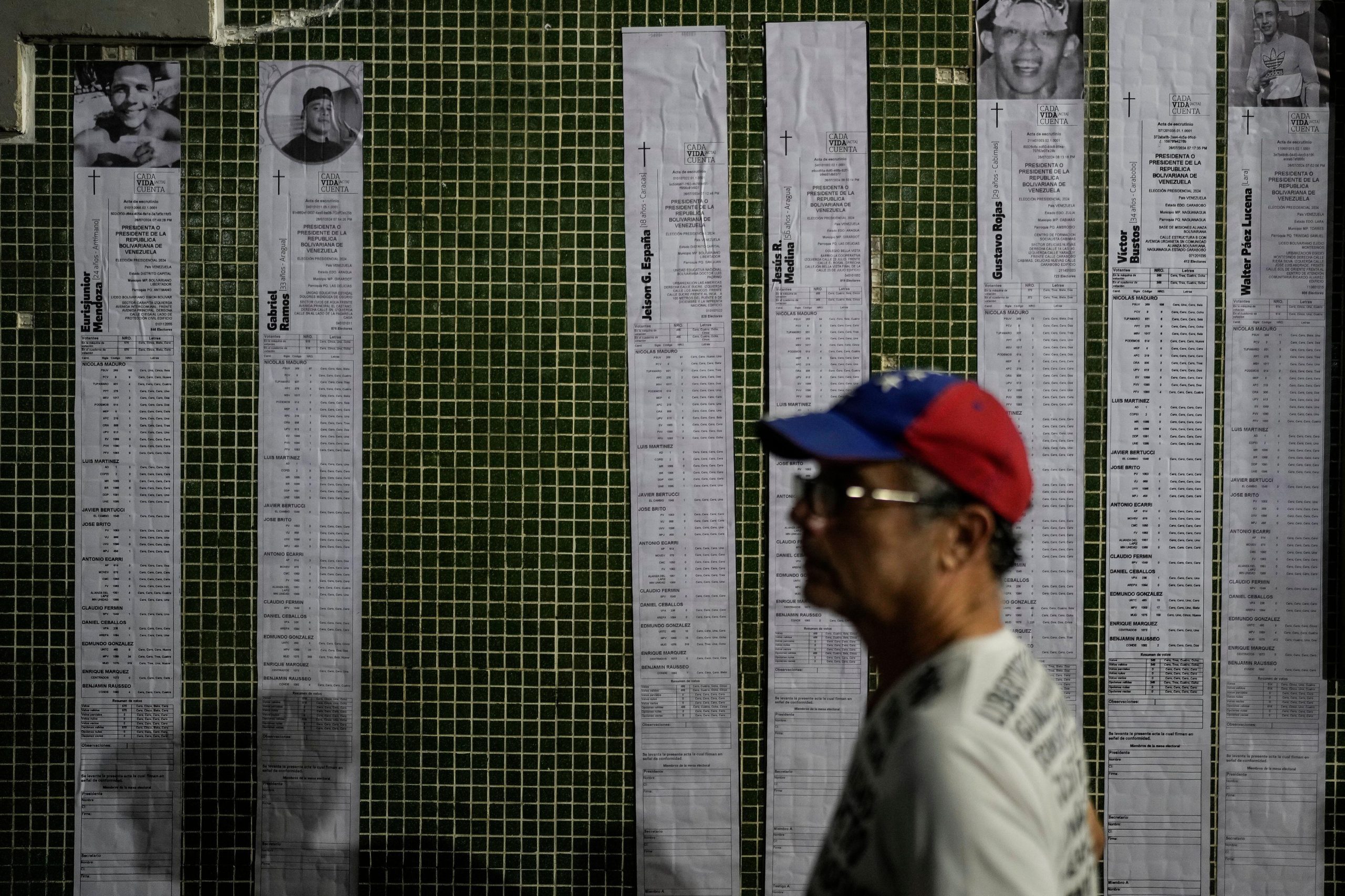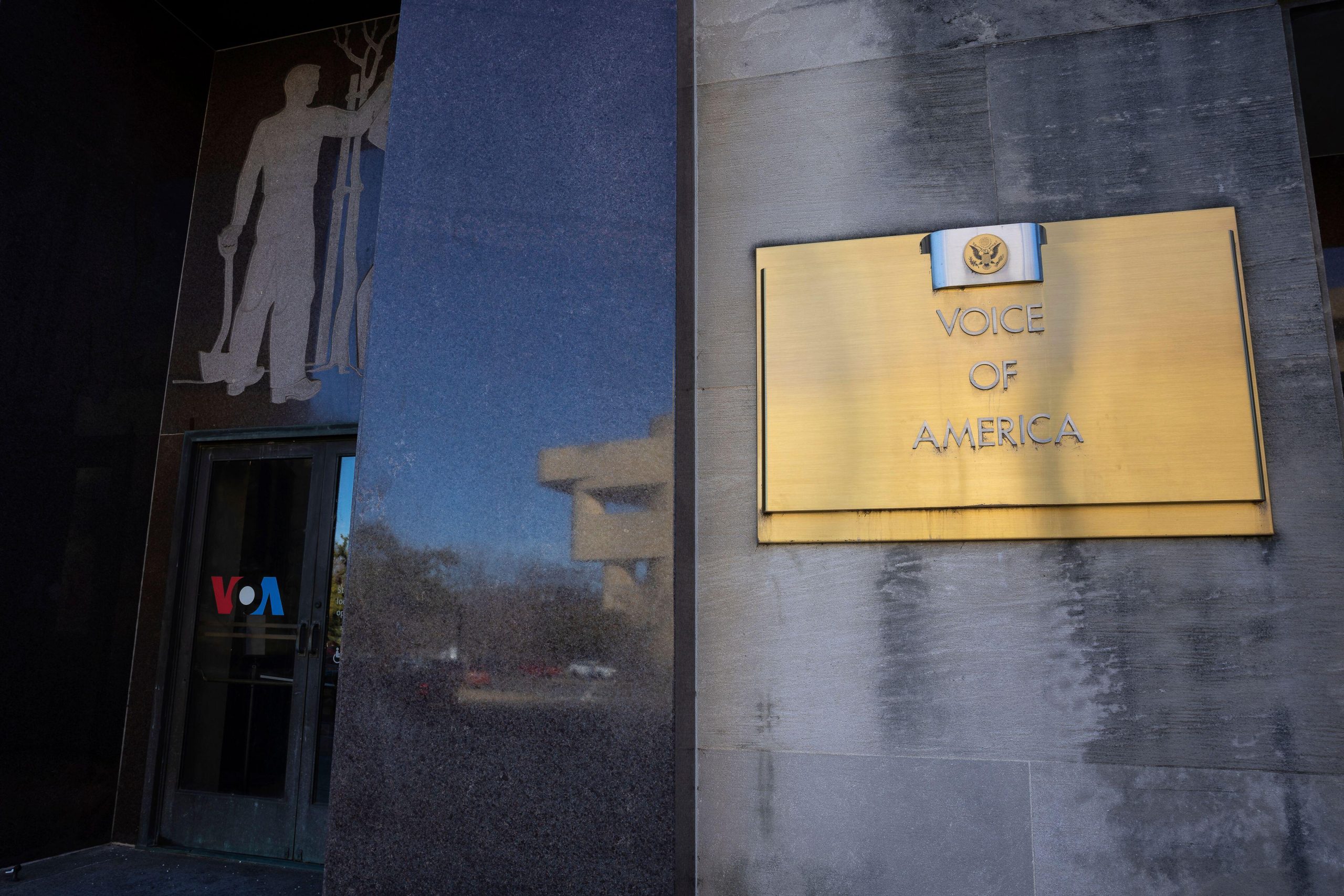As thoughts turn to the festive season, Americans will have the chance to ponder what the New Year and a Donald Trump presidency will mean. But this is not the only significant election in the continent to have happened this year.
This weekend Venezuelans will take to the streets to demonstrate against President Nicolás Maduro’s refusal to acknowledge his defeat in elections on 28 July. The opposition candidate, 75-year-old Edmundo González Urrutia, has pledged to return to the country from exile in Spain to take office on 10 January 2025, ten days before the Trump inauguration. His victory has been recognised by the international community, including the White House.
International human rights groups have raised concerns about the increasing authoritarianism of the Maduro government with widespread surveillance of its citizens and arbitrary detention of political opponents. According to UNHCR, the United Nations refugee agency, 7.7 million Venezuelans have left the country as of May 2024, which accounts for roughly 20% of the entire population.
González, who has never stood for office before, took the place of the original opposition candidate Maria Corina Machado, when she was banned from standing by the government and forced into hiding. Machado now faces charges from the Venezuelan federal prosecutor, which accuses her of supporting American sanctions against her country.
Machado has joined fellow opposition figure Magalli Meda in calling for protestors around the world to paint their hands red as a symbol of the suffering of the Venezuelan people as they take to the streets around the world. The UN reported that at least 23 protesters were killed at anti-government demonstrations in the weeks after the election and approximately 2,400 were arrested.
Despite the desperate situation for Venezuela as it sinks further into economic crisis and international isolation, this year’s elections have provided a model of democratic activism. Voters were shocked when the government announced that Maduro had gained a convenient 51 per cent of the vote but failed to provide numbers. This in a country whose election system was described by the Carter Center, set up by the former US President Jimmy Carter, as “the best in the world”.
In this context, readers of this newsletter would be advised to listen to the latest episode of the This American Life podcast, which includes a report on Venezuela by Nancy Updike. A transcript is also available.
Updike tells the story of the movement, led by citizens, to document the country’s entire voting record, precisely in case that Maduro’s ruling party tried to fix the vote. The movement was called Seiscientos Kah, which means 600k, and was so named because of the number of volunteers needed to make the checks. The organiser is now in hiding.
Every voting machine in Venezuela prints out a tally of votes for each candidate on election day. Each candidate is allowed a witness at every one of the 30,000 machines stationed around the country. 600k was set up as a giant relay race with the witnesses at the start and activists collecting the results and taking them to monitoring centres at secret locations. Here, using a laptop, a scanner, and a portable generator, the results were then uploaded to a website and the original copies taken to a separate secret location.
This extraordinary process meant that when polling closed, opposition supporters across the country uploaded videos of people reading out the results, which had come directly from the voting machines.
The situation in Venezuela remains grim. Updike quotes from a UN report on the protests against Maduro after the election. Those charged with terrorism and incitement to hatred included: “opposition political leaders, individuals who simply participated in the protests, persons who sympathised with the opposition or criticised the government, journalists who covered the protests, lawyers for those detained, human rights defenders, and members of the academic community”.
A statement from a member of the UN fact-finding mission said that many of those detained: “were subjected to torture and other cruel, inhuman, or degrading treatment, as well as sexual violence, which was perpetrated against women and girls, but also against men”.
Maduro has called the actions of the 600k movement a “coup”. In fact, it may provide a blueprint for the fight against election-rigging by authoritarian governments around the world.






